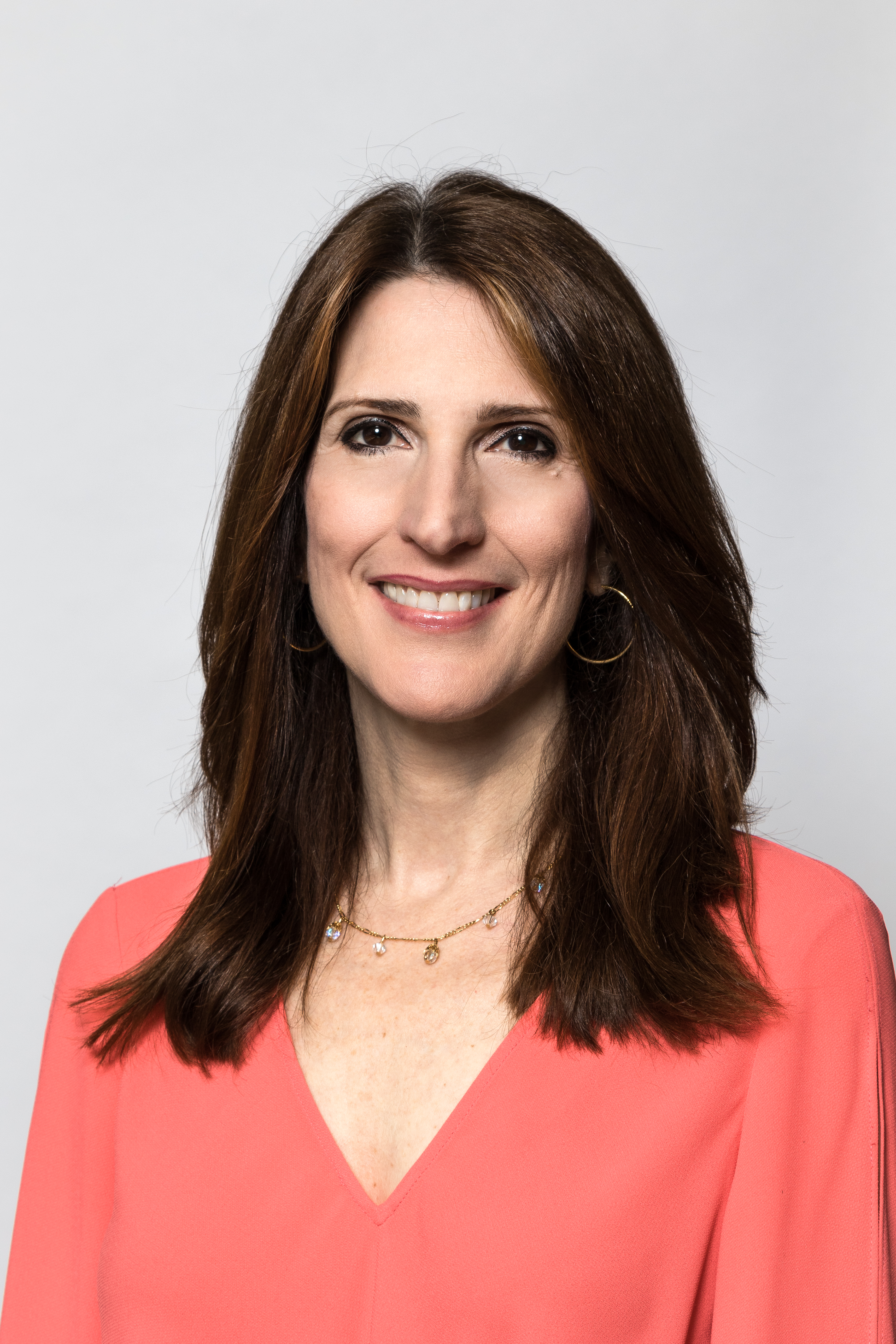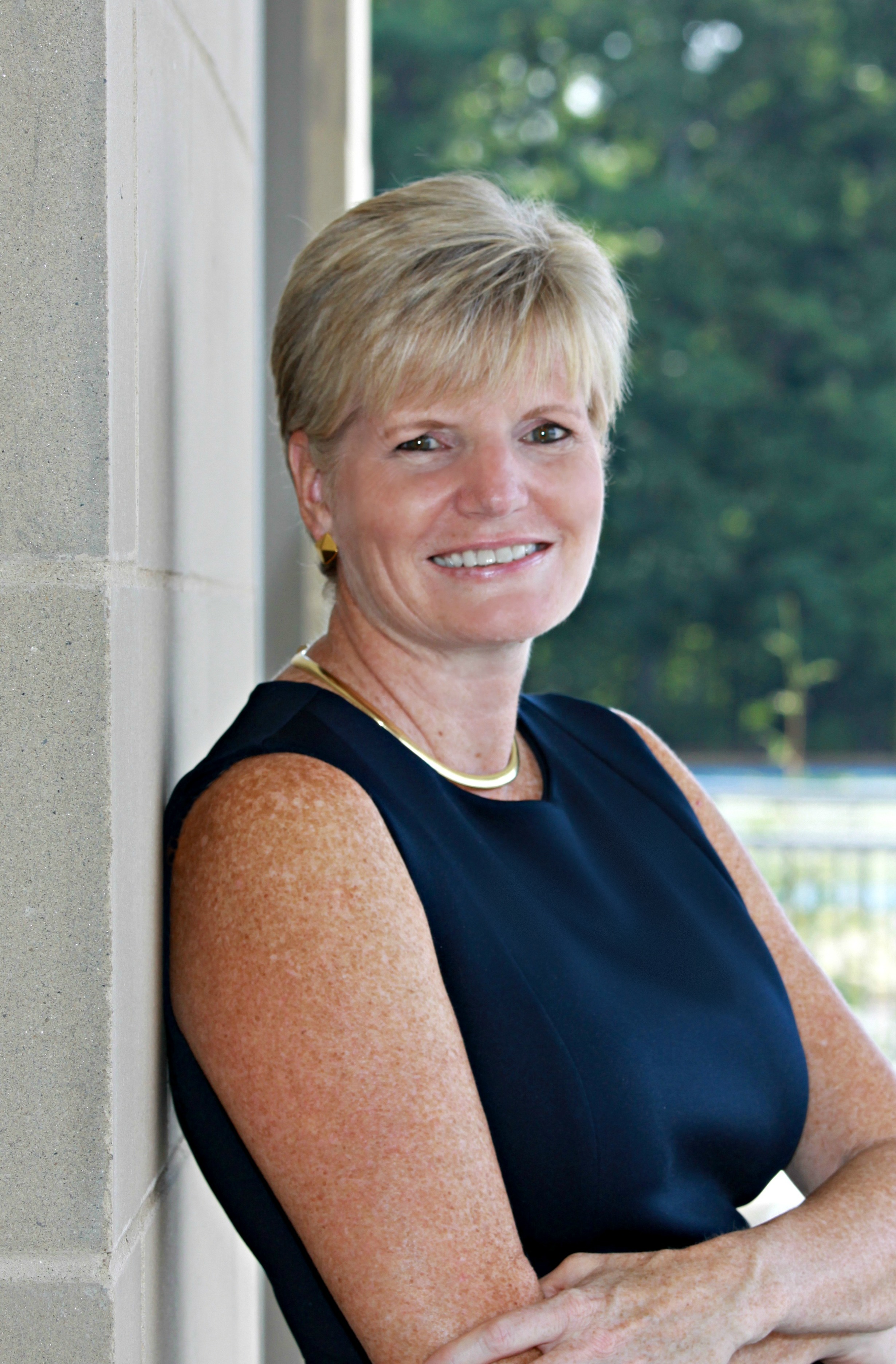
Ferrante-Schepis: What is a superpower? Some might call it a unique ability. Some might call it core competency. In our view, a superpower is something that you do very uniquely, that you can't say the next person sitting next to you does exactly the same way. Or that your competition might even fear, or that someone in another industry looking at this industry would say, “Wow, I wish we could really do this like they do that.”
I believe the super power of the people in your profession is this: getting people to do something really important that otherwise would likely remain undone until it's too late. What we do, what you all do, is difficult. There are some things that people just want to put off and put off, and it's important, but it's not urgent. When it's too late, it's too late.
Borislow: The super power for us is that chaos definitely allows us to have an opportunity. We have been very much at the forefront of shaping policy that happens in our state. We are in Massachusetts, and it is chaotic to say the least. We are living through a period of time in Massachusetts where what we are experiencing now is a new law that went into place called Mass Paid Family Medical Leave. It has created unbelievable confusion because employers are required to pay 0.75% of their total payroll to allow employees to take family medical leave anywhere from 12 to 26 paid up to $850 a week.
The liberalness of the definition of Paid Family Medical Leave really is, “I can take care of Maria even though she lives in Pittsburgh. She's a dear friend, and I can take leave from my employer.” It has created a huge amount of chaos with our clients. Our superpower is we look at this chaos and navigate our clients through these drastic changes that are happening very quickly.
We set up a team with our attorneys and our specialist on our team and we put together the knowledge and expertise and soon we became the influencers in our marketplace. Between Mark S. Gaunya, GBA, and I, we are highly public people and people view our organization as disruptors. We're disruptors with a purpose. We go in where we are not beholden to any one insurance company. We're not afraid to charge fees for our services. We're completely transparent with what we do.
But what we did with this legislation is we took it, we put our best people on it, we created gap analysis and we were able to have super intelligent conversations with our clients. That has generated huge opportunities. In the last five weeks, we've probably generated close to half a million dollars of new business on just our knowledge and expertise on this one new law that came into Massachusetts.
It's absolutely chaotic, and it's evolving every day and we're up all night. Did the legislation mean this, did it mean that? But we took this chaos and we dissected it down to something. Here's our recommendation, and we're entrepreneurs so people look to us. We have 60 employees ourselves between our firms. We're completely impacted by it, but we were able to create some clear directions.
That's how we were able to use our superpower. Being quick, being influential and thriving when chaos brings us the opportunity.
Ferrante-Schepis: That's a perfect example of how you take the superpower and take the drivers of change and the trends and the human needs. Business owners want things like control and stability. That chaotic rule changed everything. They come in with their superpower and look at those trends and drivers and say they need the control. We have this changing environment. Let's use our superpower to find the sweet spot.
The objective is to predict how those trends and drivers are going to change, how they're going to impact human needs in the future and how your super power can be used to create new value. That is a great example of new value.
Let’s look at the sharing economy, which is the notion of “access is better than ownership.” How many of you have ever traveled in an Uber car? How many of you five years ago had done that? No. Two years ago? Yeah, OK. You can see that rapidly emerging trend. Anybody ever stayed in Airbnb? The amazing transformation that's happened in the sharing economy is showing that you don't have to own a car to get a ride. You don't have to own a home or even rent a hotel to have a vacation, and that ownership is being outweighed by access.
In our world, what does that mean? How do consumers use our products? They use insurance in particular as a funding pool for when random things happen to them and they have an experience that requires money to fix that problem. The predecessors in the sharing economy in our world are things like GoFundMe pages and Kickstarters and RocketHub, CircleUp. These are places where people go for money when they need to either fund something that they want to do or they have some kind of a crisis.
Now you dial that forward and look into where the disruptors are now in the peer-to-peer insurance world, and you have companies like Friendsurance and Lemonade and insPeer and Besure and Guevara all over the world that are creating peer-to-peer insurance companies that take the idea of pooling risk and doing so in advance for when somebody has that issue and a claim later. Peer-to-peer insurance is the disruptor that came from this predecessor of the Kickstarters of the world. We have evidence that these trends are actually impacting our business. The question that I'd be asking if I'm in your shoes is if we are going to have a peer-to-peer insurance environment in the future, what might a role be for somebody, a person, an advisor, somebody who now has to give new types of advice in a world that's being disrupted in that matter?

Maria Ferrante-Schepis’ mission is to help leaders shape their own future versus having it shaped for them by outside forces. She brings expertise from more than 25 years of work in the insurance and financial services profession. For the last nine years, she has worked in multiple roles driving client engagement and thought leadership as a speaker and author at Maddock Douglas. In her role as president, her mission is to help leaders in critical industries focused on supporting the health, lifestyle and mental well-being of the public.

Jennifer A. Borislow, CLU, of Methuen, Massachusetts, is a Past President of MDRT and the founding principal of Borislow Insurance (BI). A 31-year MDRT member with one Court of the Table and 21 Top of the Table honors, she is a nationally recognized expert, author, speaker and thought leader on employee benefits, insurance and related business strategies.